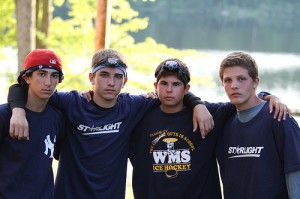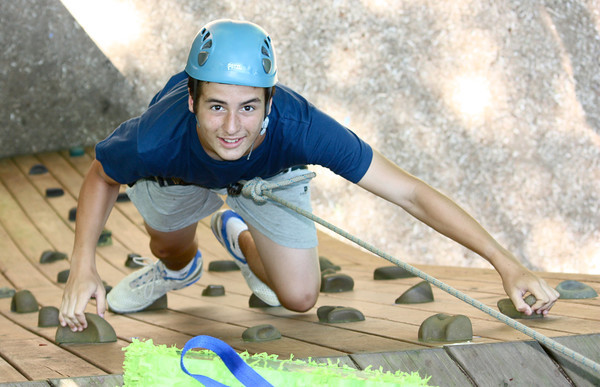 Adventure, tradition, fun, and nature are all words that come to mind when one mentions “summer camp.” One word that doesn’t instantly come to mind, however, is “exploration.” Summer camp is an exercise in exploration.
Adventure, tradition, fun, and nature are all words that come to mind when one mentions “summer camp.” One word that doesn’t instantly come to mind, however, is “exploration.” Summer camp is an exercise in exploration.
There is, of course, literal exploration. Traditional summer camps are primarily located in rural areas, away from the city and suburban settings in which most campers live the remaining ten months of the year. The natural surroundings are the perfect environment for exploring nature and the outdoors.
There is the exploration of new things. Summer camp, by design, is conducive in trying the untried. Campers inevitably try something new at camp: new food, new activities, new ways of doing things. Some of the newness breeds ongoing new interest while some highlights the joys of routine and tradition.
The exploration of self, while slightly more esoteric is also an of summer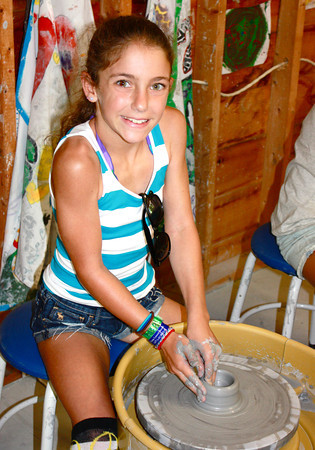 camp. Campers learn how to be independent at summer camp. Sure, they’re surrounded by their friends, and camp is a largely social environment. Being away from parents for several weeks, however, helps children learn how to make decisions and gain confidence in themselves. From their newly gained independence, they begin to see and understand the value of individuality.
camp. Campers learn how to be independent at summer camp. Sure, they’re surrounded by their friends, and camp is a largely social environment. Being away from parents for several weeks, however, helps children learn how to make decisions and gain confidence in themselves. From their newly gained independence, they begin to see and understand the value of individuality.
Exploration of culture and tradition is also a prevalent theme of summer camp. Summer camp is an amalgam of cultures. Many campers and staff come from all over the United States as well as the world. Exposure to people from geographic regions outside their own provides an open forum for exploring the subtle nuances that distinguish various cultures and their traditions.
Freedom of exploration is an important aspect of child development, and no place provides more of an open forum for exploration than summer camp.

 570-798-9831
570-798-9831
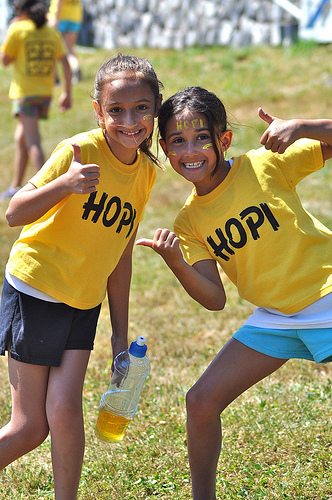
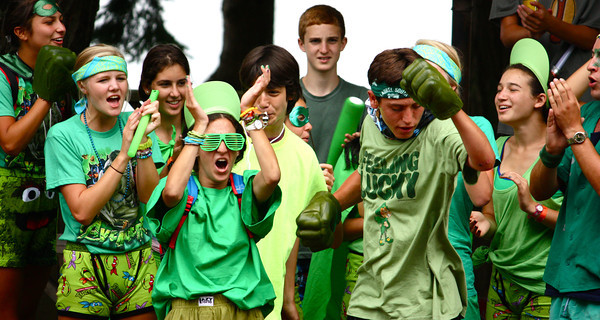
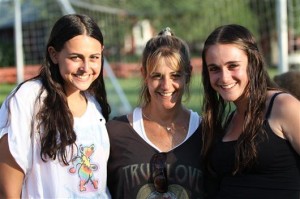
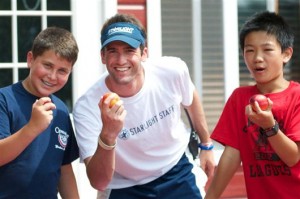
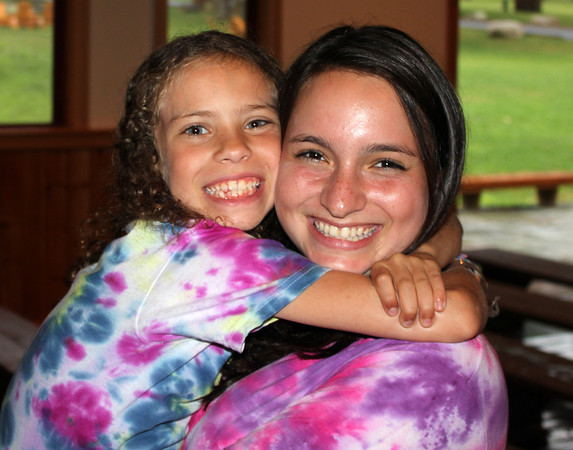
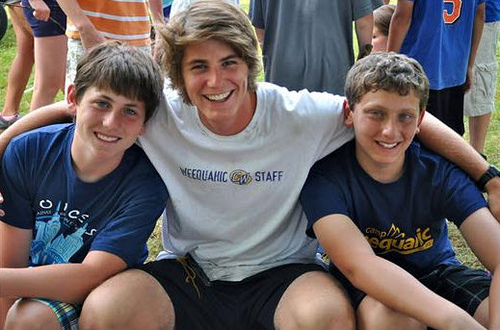
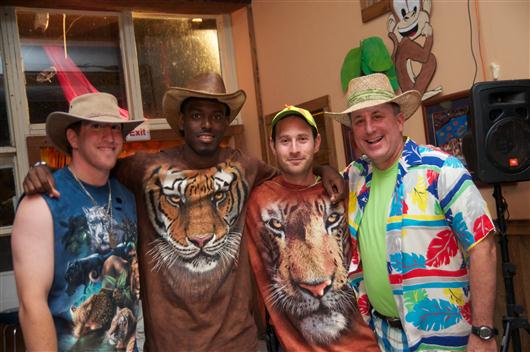
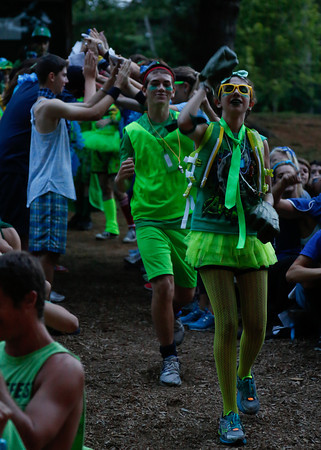




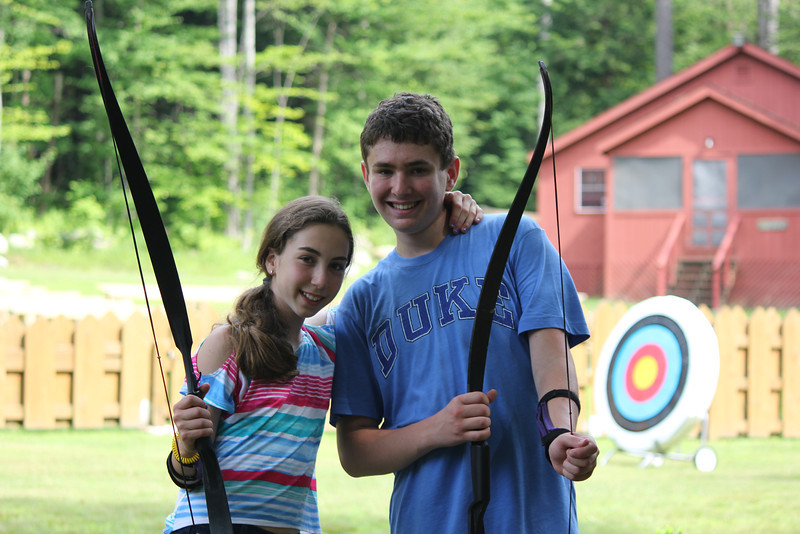
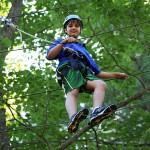

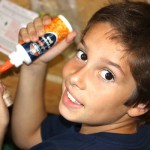

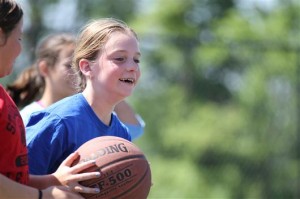
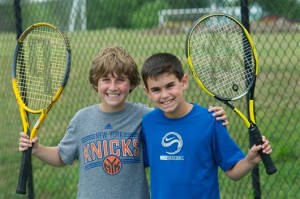

 From the rituals they lead to open camp on the first night until the moment they say teary farewells to their final summers, summer camp plays as significant a role in older campers’ lives as they play in carrying on its traditions. There are a lot of camp articles that sing the praises of summer camp for young children, but few focus on the value of the camp experience for young teens. By the time many campers reach their teens, they already have several camp summers behind them. For them, it’s not really about newness anymore, but reliability and tradition: who is at camp, what is at camp, camp rites to which they’ve looked forward since they were young. In a period of child’s life that can be a roller coaster full of ups and downs that come at full speed, summer camp is oasis of stability. It’s solid ground, a safe place where teenagers go to be themselves and to let loose of the stress and strain that are inextricably part of the teenage years.
From the rituals they lead to open camp on the first night until the moment they say teary farewells to their final summers, summer camp plays as significant a role in older campers’ lives as they play in carrying on its traditions. There are a lot of camp articles that sing the praises of summer camp for young children, but few focus on the value of the camp experience for young teens. By the time many campers reach their teens, they already have several camp summers behind them. For them, it’s not really about newness anymore, but reliability and tradition: who is at camp, what is at camp, camp rites to which they’ve looked forward since they were young. In a period of child’s life that can be a roller coaster full of ups and downs that come at full speed, summer camp is oasis of stability. It’s solid ground, a safe place where teenagers go to be themselves and to let loose of the stress and strain that are inextricably part of the teenage years. small group of people with whom they’ve shared experiences since they were very young and with whom they continue to share experiences. They not only share experiences, they share memories that only a select group of others shares. Both give older campers a distinct sense of belonging. Regardless of who or what they are to their school peers the other ten months of the year, camp is a circle of inclusion that often extends far beyond the camp years. Older campers also benefit from privileges that come from being older. They’re tapped to lead camp activities, given leadership roles on teams of younger campers, and charged with being examples in honoring camp traditions. In short, older campers “train” younger campers how to be good campers. For many of them, being a role model and a mentor is one of the best aspects of camp. The pride in having played a role in a younger camper’s life is what brings many former campers back to camp in their adult years to work as counselors.
small group of people with whom they’ve shared experiences since they were very young and with whom they continue to share experiences. They not only share experiences, they share memories that only a select group of others shares. Both give older campers a distinct sense of belonging. Regardless of who or what they are to their school peers the other ten months of the year, camp is a circle of inclusion that often extends far beyond the camp years. Older campers also benefit from privileges that come from being older. They’re tapped to lead camp activities, given leadership roles on teams of younger campers, and charged with being examples in honoring camp traditions. In short, older campers “train” younger campers how to be good campers. For many of them, being a role model and a mentor is one of the best aspects of camp. The pride in having played a role in a younger camper’s life is what brings many former campers back to camp in their adult years to work as counselors.
